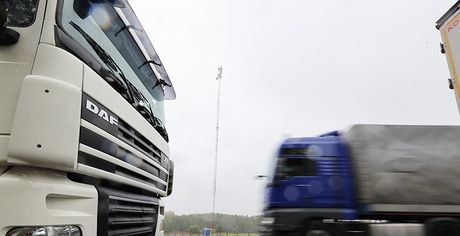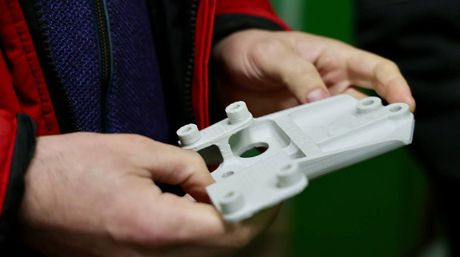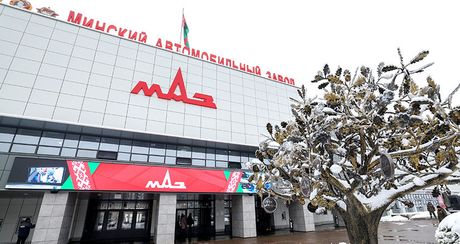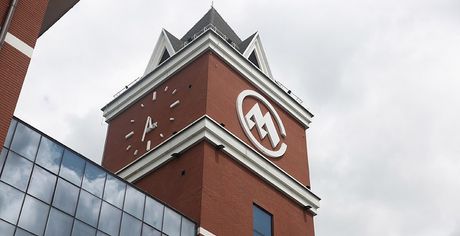Customs services of Belarus, Russia step up cooperation amid sanctions
09:57, 20 September
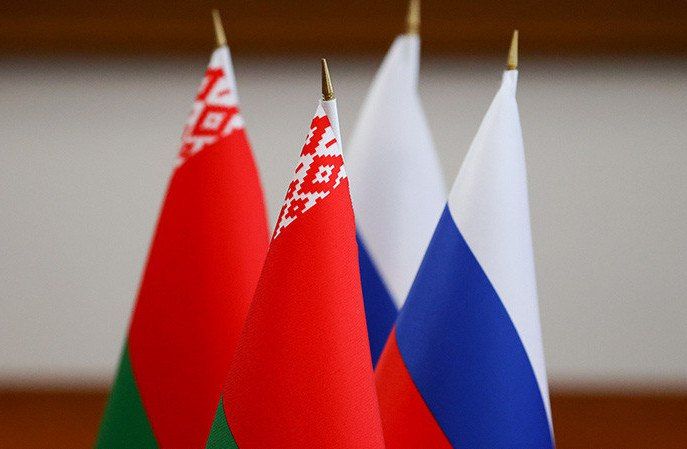
Photo: soyuz.by
The customs services of Belarus and Russia are closely cooperating to manage sanctions, Deputy Head of the Federal Customs Service of the Russian Federation Vladimir Ivin told the media on the sidelines of the 15th international conference "10 Years of the Eurasian Economic Union: Transformation of Customs Administration”, BelTA has learned.
- Share on Facebook
- Share on VK
- Share on Twitter
“Given the fact that we have got under the common rink of illegal sanctions, the common misfortune brings us even closer together. In this regard, our actions are coordinated. We cannot say that we are totally united, but nevertheless we know each other's problems very well,” Vladimir Ivin said. “We share our experience and build joint chains of control, among other things, to ensure that the decisions of the presidents and governments of our countries are implemented.”
According to him, it is important to discuss the role and place of the customs services of the EAEU, Russia and Belarus at the stage of formation of a multipolar world. “The theme of the conference is “10 Years of the Eurasian Economic Union: Transformation of Customs Administration”. The ‘childhood’ period is coming to an end, especially now there are serious global processes underway, which have changed the external environment beyond recognition. It is completely different from what it was 10 years ago, which is what the Eurasian Economic Union was adjusting to. It is obvious that there is a process of revision of principles, directions and priorities in building Eurasian integration. Customs does not stand aside,” Vladimir Ivin said.
The international conference was organized by the State Customs Committee together with OOO Yurspektr. It brought together representatives of government bodies and foreign customs services, the Eurasian Economic Commission, the EAEU Court, the business community and higher education institutions of Belarus. It focuses on improvement of the customs regulation in the EAEU, the transformation of the transport and logistics system in the context of modern realities, the effectiveness of the use of digital technologies in customs matters, etc.



